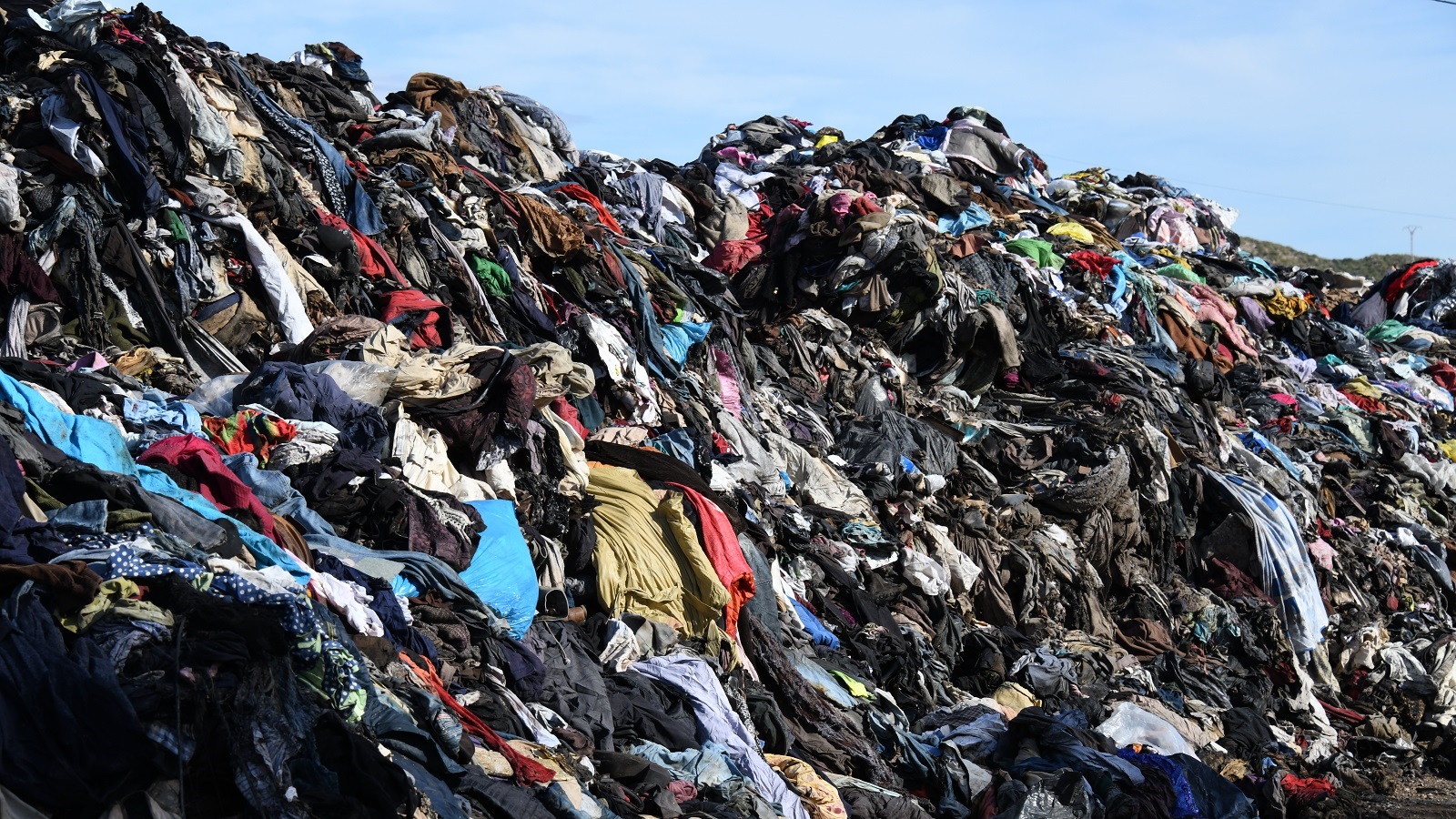The Impact of Fast Fashion on the Environment: How to Make a Difference

Introduction
The Fashion Industry has witnessed significant changes amidst the fast-paced world we live in. The introduction of fast fashion has transformed clothing consumption, making trendy and affordable garments easily accessible. Yet, the downside of this is the effect it has on the environment. This article delves into the impact of fast fashion on our planet, providing practical steps to bring about positive change.
- Understanding Fast Fashion
Fast fashion is the speedy mass production and consumption of clothing items inspired by current trends. Rather than the traditional four-season cycle, fast fashion brands release new collections every few weeks, prompting patrons to shop more frequently. Unfortunately, this insatiable appetite for cheap clothes has created a throwaway culture, where garments are worn only a few times before being tossed aside.
- Environmental Consequences
- a) Textile Waste: The fashion industry produces an enormous amount of waste each year. Discarded clothing ends up in landfills, taking years to decompose due to synthetic materials. The decomposition process releases harmful greenhouse gases, contributing to climate change.
- b) Water Consumption: The production of fast fashion involves significant water usage in the dyeing and finishing processes. This overuse causes severe depletion and scarcity of local water sources, putting a strain on affected regions.
- c) Chemical Pollution: The textile industry heavily relies on chemicals for dyeing, printing, and finishing garments. These chemicals often find their way into water bodies, polluting rivers, lakes, and oceans. The pollution harms aquatic life and disrupts fragile ecosystems.
- d) Carbon Footprint: The fast fashion industry’s supply chain, from production to transportation, has a huge carbon footprint, which worsens global warming. Due to their reliance on fossil fuels and energy-intensive manufacturing processes, the industry contributes significantly to carbon dioxide emissions.
- Ethical Concerns
Discover the shocking truth about fast fashion’s impact on people and the planet. Beyond environmental damage, top fashion brands use cheap labor with unethical working conditions overseas to keep their prices low. Workers endure long hours and unfair wages for our low-priced purchases. As conscientious consumers, it’s crucial to understand the true cost of the clothes we wear.
- Making a Difference
- a) Sustainable Fashion: Embracing sustainable fashion practices is crucial to reducing the environmental impact of our clothing choices. Opt for quality over quantity, investing in timeless pieces that last longer. Choose natural and organic fabrics whenever possible, as they have a lower environmental footprint.
- b) Second-hand and Vintage: Buying second-hand or vintage clothing is an excellent way to extend the lifecycle of garments and reduce textile waste. Thrift stores, online marketplaces, and clothing swaps offer a treasure trove of unique finds that are both stylish and sustainable.
- c) Ethical Brands: Support fashion brands that prioritize sustainability, fair labor practices, and transparency. Look for certifications such as Fair Trade, Global Organic Textile Standard (GOTS), or Bluesign that ensure ethical production processes.
- d) Repair and Upcycle: Instead of discarding damaged clothing, consider repairing or upcycling them. Learn basic sewing skills or seek the assistance of local tailors to breathe new life into your favorite garments. Get creative and transform old pieces into something unique and fashionable.
- e) Minimalism: Cutting back on our consumerism and embracing a minimalist wardrobe can make a powerful impact on the sustainability of our environment. Consider adopting a capsule wardrobe approach, centered on versatile pieces that can be artfully combined. Avoid spur-of-the-moment fashion choices and commit to a thoughtful and sustainable collection of clothing.
Conclusion
Fast fashion’s environmental impact demands our attention. Now is the time to prioritize education and awareness around the ethical and ecological implications of our clothing choices. With intentional decision-making, adopting sustainable fashion practices, and investing in ethical brands, we have the power to enact change. Together, we can create a future where style coexists with social and environmental responsibility.
Read More
